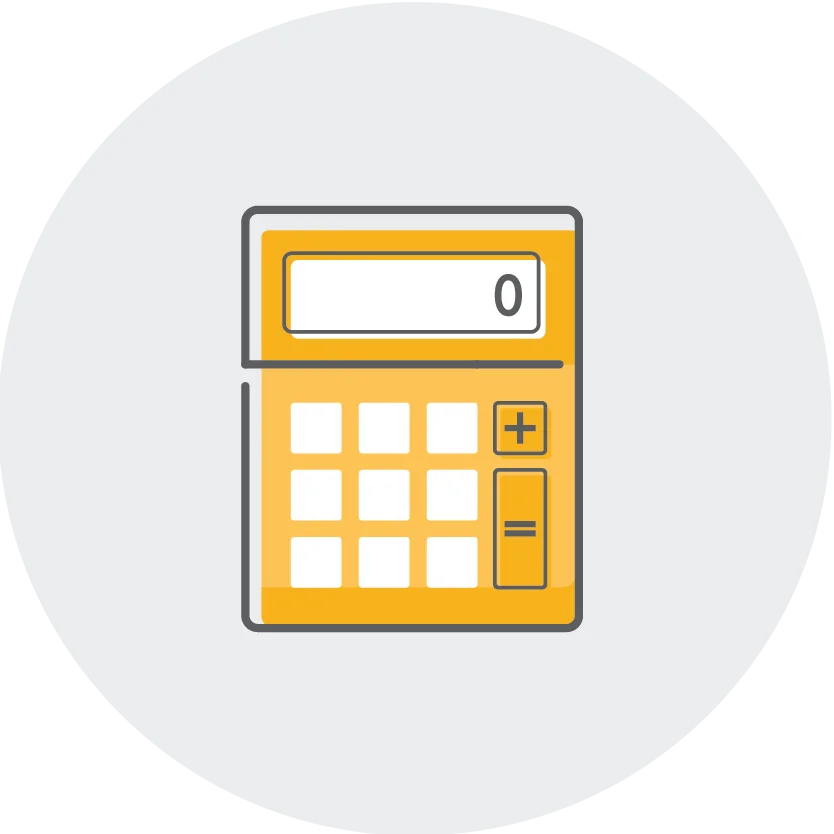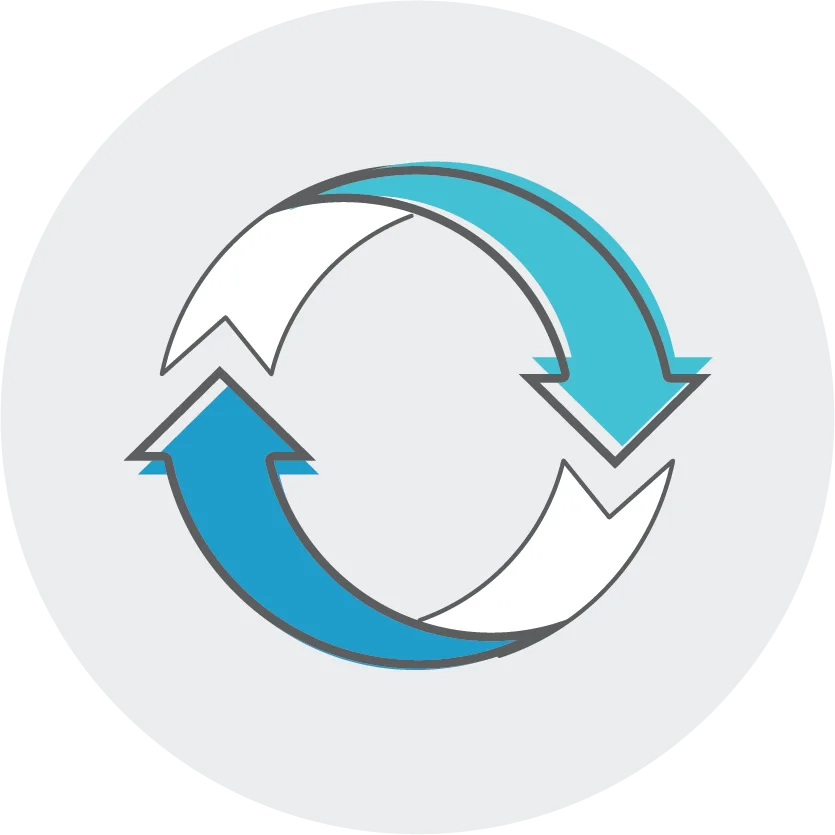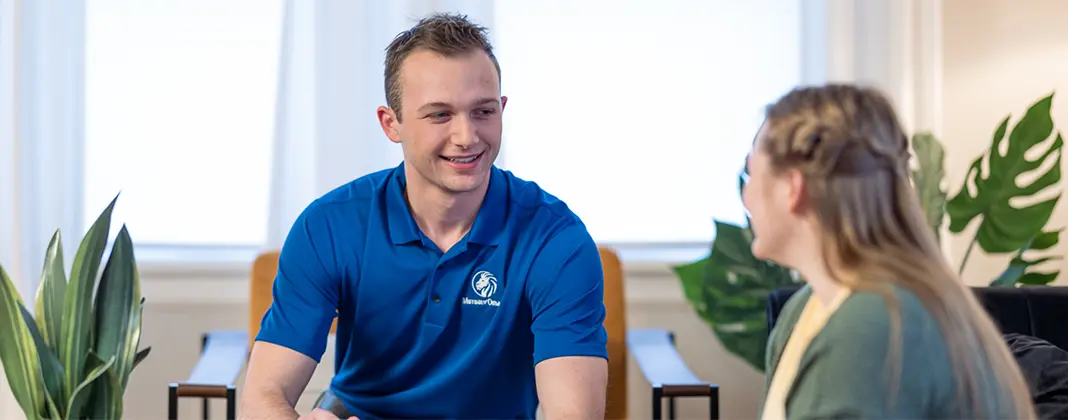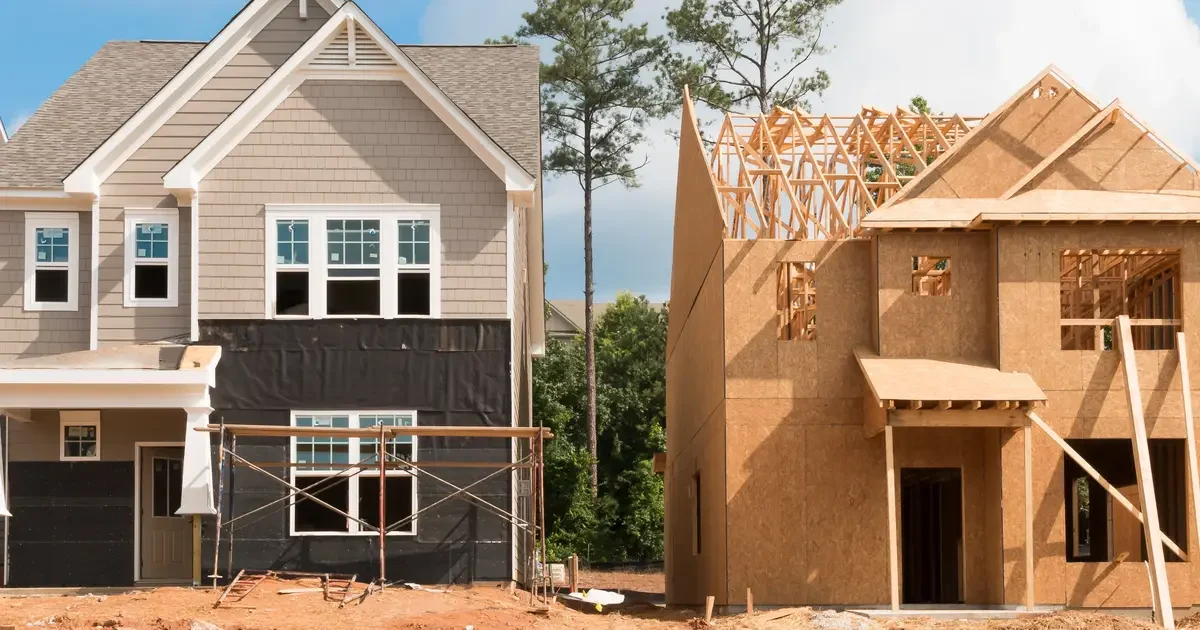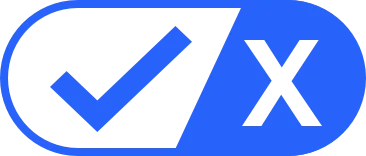Buying a home for the first time may seem intimidating but it’s one of the most important steps you can take toward building personal and generational wealth. Unfortunately, for many would-be homeowners the toughest challenge is saving enough for the down payment.
Although most mortgage lenders will ask for a down payment of 20% of the home purchase price, some lending options require as little as 3% down. Even so, with home prices at record highs 3% on a $500,000 home is more than $15,000 not including closing costs.
If you dream of home ownership but don’t have enough saved for a down payment, a state or local agency may help you with a down payment assistance program to assist you in reaching your goals. If you’re in a position to afford a monthly mortgage payment, have a solid credit standing and have a steady income, you may benefit from a down payment assistance program to help get you into your first home.
Many government and community organizations offer grants and no interest loans to help prospective home buyers come up with the cash for a down payment or qualify for low down payment mortgage loan programs. In some cases, these programs also offer to assist with paying for closing costs.
Frequently Asked Questions
How Do Down Payment Assistance Programs Work?
Down payment assistance programs are offered through state, county, city and nonprofit organizations, and even some private companies and employers. Generally a down payment assistance program comes in the form of a grant, forgivable loan or other benefit. It’s typically reserved for first-time homebuyers to help those who might not otherwise qualify become a homeowner.
Common types of down payment assistance programs include:
Grants
Prospective homebuyers can apply for grants from private or public organizations including nonprofits and community-based organizations. Homeowners won’t have to repay the loan but they are often coupled with program stipulations so be sure to work with a reputable lender like Mutual of Omaha Mortgage to ensure you meet the criteria.
Forgivable Loans
Low interest forgivable loans are technically second mortgages that you won’t be obligated to pay back if you plan to live in the home for a certain number of years.
Zero-Interest, Deferred Payment Loans
Borrowers may also qualify for a zero-interest, deferred payment loan which is a second mortgage that you don’t have to repay until you move, sell or refinance your first mortgage loan to pay it off.
Low-Interest Loans
Some organizations offer the opportunity to use a second mortgage loan to cover your down payment at a low-interest rate. You will need to repay this loan each month, generally along with your monthly mortgage payment.
Matched Savings Programs
Also known as individual development accounts, are an additional option for borrowers to secure the funds for their down payment. In this case, borrowers deposit a certain amount of funds into a bank, savings or other account and that institution agrees to match the borrower’s deposit. Homebuyers then use the total amount as their down payment for their mortgage loan.
Who Qualifies for a Down Payment Assistance Program?
Most down payment assistance programs are best suited for prospective homebuyers who have a strong credit score, steady income and are in a position to afford a monthly mortgage payment but may not have the minimum amount saved for a down payment.
These programs are generally for first-time homebuyers but it isn’t always a requirement. Some programs are also geared for renters who have previously owned a home but haven’t owned a home in the last three or more years.
Down payment assistance programs can also help past homeowners who may have been displaced by a natural disaster such as a wildfire, flood, hurricane or earthquake. Some programs are also tailored to specific occupations like service members, teachers, first responders or government employees.
Borrowers will still need to meet many of the same requirements any other homebuyer will need to meet, however, requirements may change from program to program. Some requirements include:
Creditworthiness
Your credit score will play an important role in whether or not you will be approved for a home mortgage loan or a down payment assistance program. Generally, both lenders and program providers will want to see a credit score of at least 640 or above to qualify.
Debt-to-Income Ratio
Your debt-to-income (DTI) ratio is the percentage of your monthly income that goes toward paying your monthly debt payments and is one of the factors used by lenders to determine your borrowing risk. Generally, borrowers should strive to have a DTI of no more than 45%. If you think your DTI might be too high, consider working to pay down debt balances to lower your debt-to-income ratio.
Proof of Reliable Income
Most lenders will request a minimum of two full years of tax returns as proof of regular income as well as pay stubs and bank statements. If you’re self-employed, you may need to share your business tax filings or P&L statements.
Additional Savings
Lenders may also request to see if prospective borrowers have additional funds saved in for reserves. This is to ensure that if you experience a financial emergency as a homeowner, you can afford to pay for the emergency without defaulting on your home loan.
Are There Property Requirements When Using a Down Payment Assistance Program?
In many cases yes, the property you’re looking to purchase will need to meet a number of requirements in order for you to qualify for a down payment assistance program. These requirements will vary from program to program but may include a maximum sales price, maximum lot size, condition, location or property type.
For example, the home you’re looking to purchase may need to pass a home inspection that confirms there’s no major issues with the home or the home may need to be a single-family home rather than a manufactured home or mobile home.
How Do I Apply for a Mortgage Down Payment Program?
You should first look for down payment assistance programs with your state, county or city government agencies to learn if you qualify. You can also search the U.S. Department of Housing and Urban Development as well as the Consumer Financial Protection Bureau for resources.
Once you find the down payment assistance program that best works with you and your financial situation, contact a Mutual of Omaha Mortgage loan specialist to get you the loan that can best help you reach your homeownership goals.
